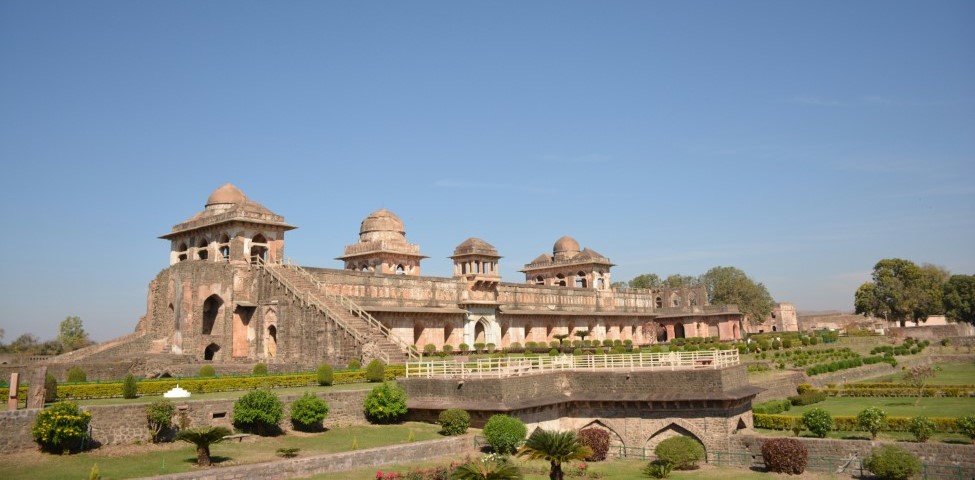Madhya Pradesh offers a vibrant mix of wildlife sanctuaries, ancient temples, royal architecture, and tribal cultures. To ensure you have a smooth and respectful experience, here are key do’s and don’ts that every traveler should know.
1. Respect Religious Sites and Local Customs
Why read this: Temples and spiritual places are sacred spaces with strong traditions and rules.
Do: Remove shoes before entering temples. Dress modestly and follow rituals quietly. Ask before photographing people or idols.
Don’t: Touch sacred idols, interrupt ceremonies, or eat non-vegetarian food in temple zones.
Final tip: Carry a light scarf or shawl, especially when visiting rural or pilgrimage destinations like Ujjain or Omkareshwar.
2. Be Wildlife Wise
Why read this: Madhya Pradesh has several tiger reserves and forest areas with strict guidelines.
Do: Follow all park rules during safaris. Stay quiet and maintain distance from animals. Use authorized guides and vehicles.
Don’t: Litter, make loud noises, or get out of your jeep during safaris. Never feed animals.
Final tip: Wear neutral clothing and avoid strong perfumes while on wildlife tours.
3. Use Trusted Local Transport
Why read this: Rural and semi-urban areas may lack structured public transport.
Do: Use MP Tourism-approved taxis, app-based rides in cities, or recommended local auto-rickshaws.
Don’t: Accept rides from touts or unlicensed operators at stations or bus stands.
Final tip: Pre-book for intercity travel and always agree on the fare before boarding if meters aren't used.
4. Stay Culturally Sensitive in Tribal Regions
Why read this: Tribal communities are welcoming but value privacy and cultural integrity.
Do: Greet people respectfully, shop for local handicrafts, and ask permission before taking photos.
Don’t: Enter homes or ritual spaces uninvited, mock traditions, or offer unsolicited gifts.
Final tip: Hire a local guide if visiting places like Chhattisgarh border villages or Bhimbetka rock shelters.
5. Pack for the Climate and Terrain
Why read this: MP's weather varies dramatically—from jungle safaris to temple climbs.
Do: Carry cotton clothes in summer, layers in winter, and sturdy shoes for forts or forests. Bring insect repellent and sunscreen.
Don’t: Rely on the same attire across all destinations. Avoid open footwear in forest zones.
Final tip: Monsoon can make roads slippery—pack accordingly if traveling July to September.
6. Eat Safe, Eat Local
Why read this: Street food is tempting, but hygiene varies widely.
Do: Choose busy stalls or reputable restaurants for local dishes like poha, bhutte ka kees, and jalebi.
Don’t: Drink tap water or eat raw chutneys from unknown stalls.
Final tip: Always carry bottled or filtered water, and try new dishes in moderation if you’re not used to spicy food.
7. Be Mindful of Wildlife and Eco Areas
Why read this: MP’s eco-tourism zones are rich in biodiversity and often fragile.
Do: Stick to designated trails and use reusable items when possible.
Don’t: Pluck flowers, disturb natural settings, or leave waste behind.
Final tip: Support eco-friendly lodges and guides to promote responsible tourism.
8. Respect Temple Timings and Gender Norms
Why read this: Some rituals or temple areas may have gender-based customs or time-bound access.
Do: Inquire about local temple rules beforehand and follow them respectfully.
Don’t: Argue or debate cultural norms—locals are often deeply rooted in tradition.
Final tip: In temples like Mahakaleshwar (Ujjain), lines can get long—reach early and stay patient.
9. Carry Cash for Rural Areas
Why read this: Card and digital payments may not work in offbeat or village locations.
Do: Carry enough small denomination cash for snacks, tickets, and transport.
Don’t: Depend solely on UPI apps or cards outside cities like Bhopal or Indore.
Final tip: ATMs may be limited near national parks—withdraw in towns before heading out.
10. Support Local Art and Craft Ethically
Why read this: Madhya Pradesh is a treasure trove of handlooms, tribal art, and woodwork.
Do: Buy from certified shops, local artisans, or government emporiums.
Don’t: Bargain unfairly or purchase items made from endangered materials.
Final tip: Maheshwari sarees, Gond paintings, and Chanderi fabrics make great souvenirs and support local livelihoods.
Feature Image:- Photo by Sandip Roy on Unsplash

